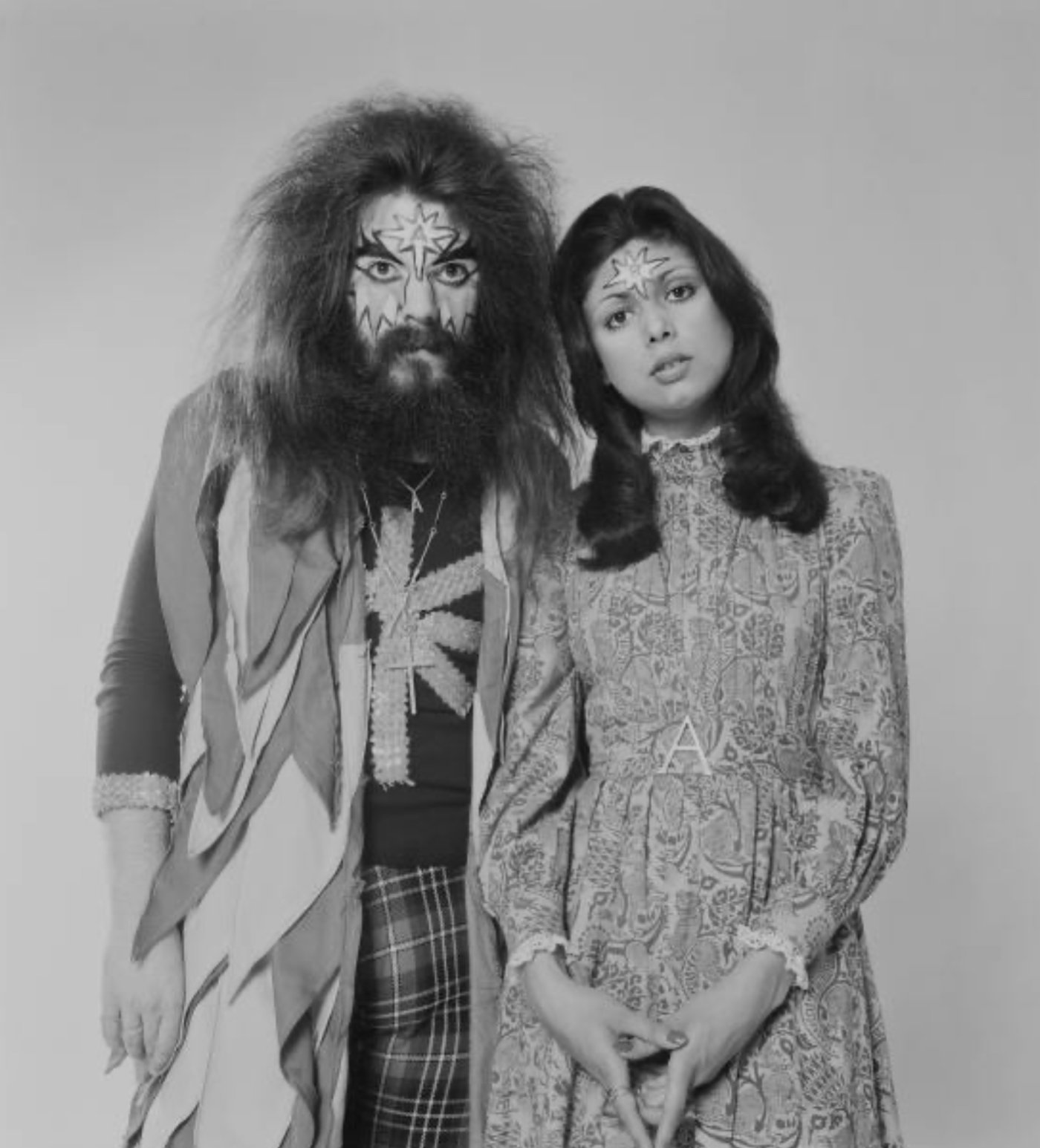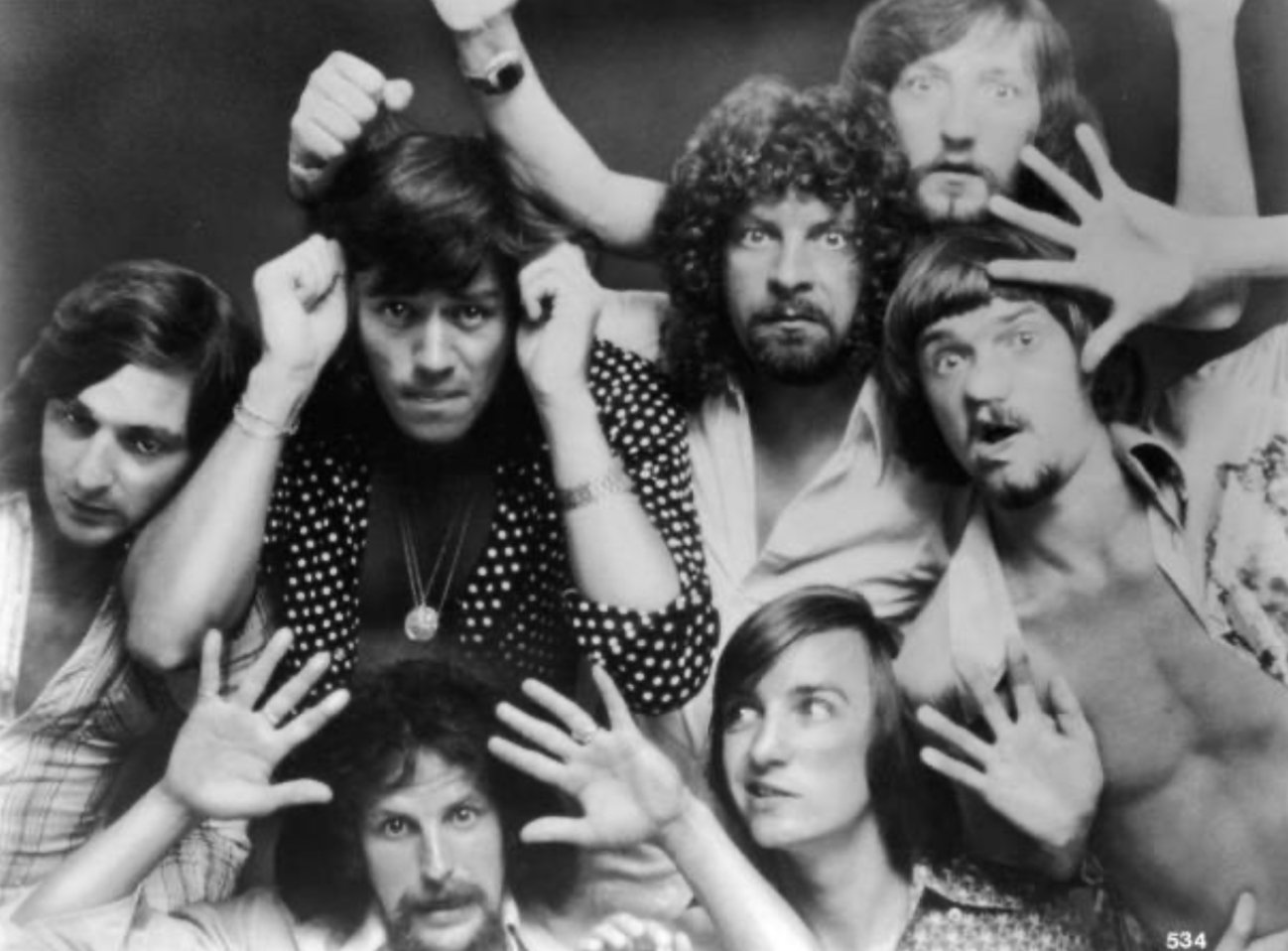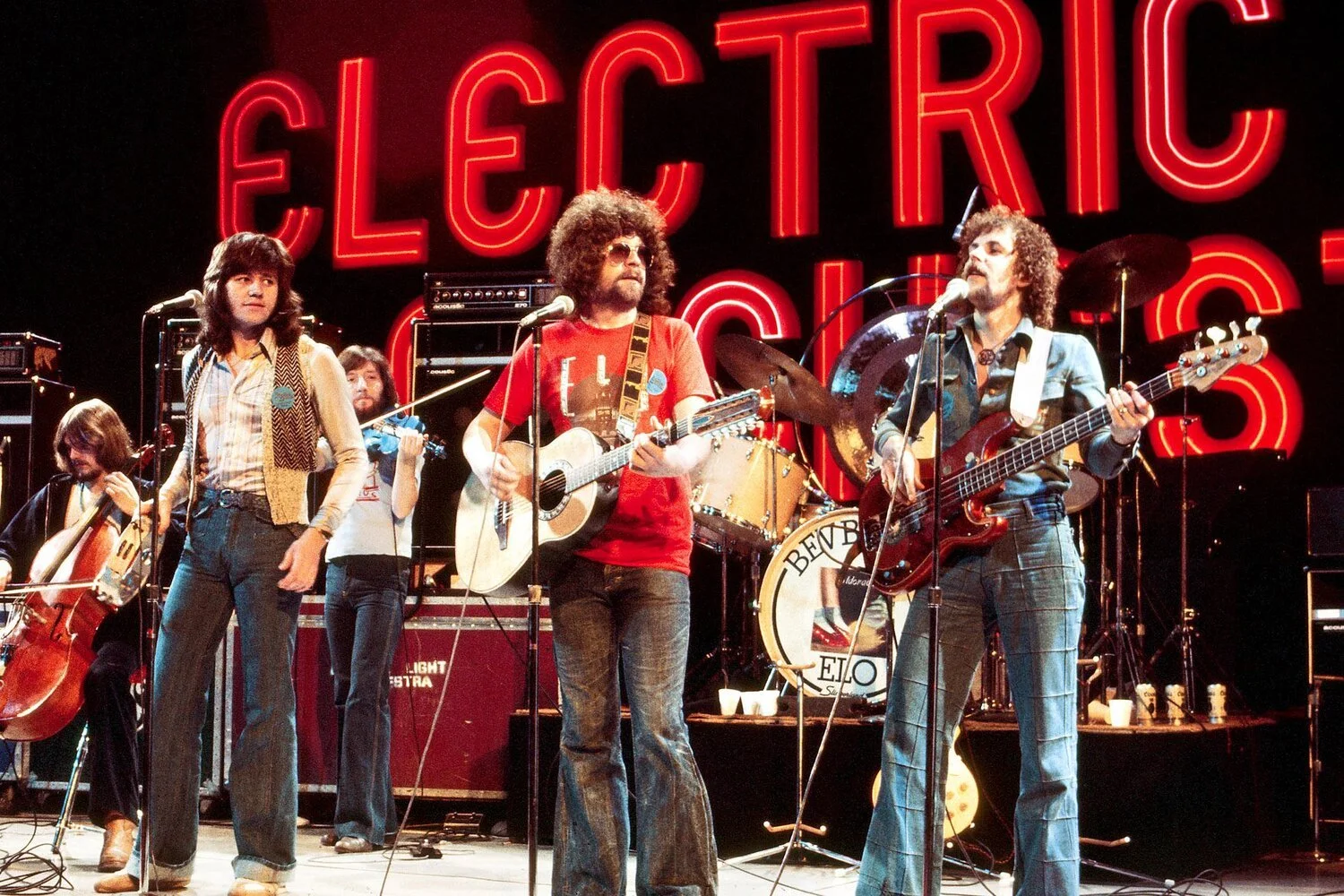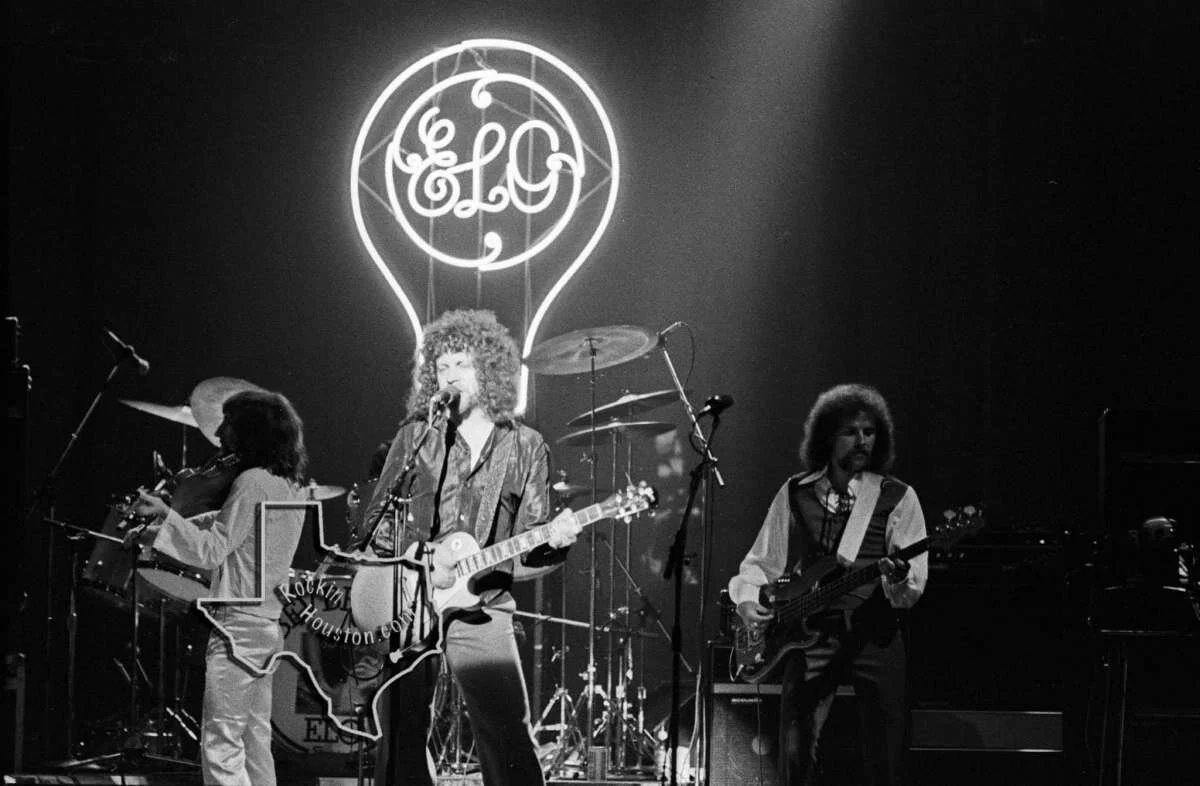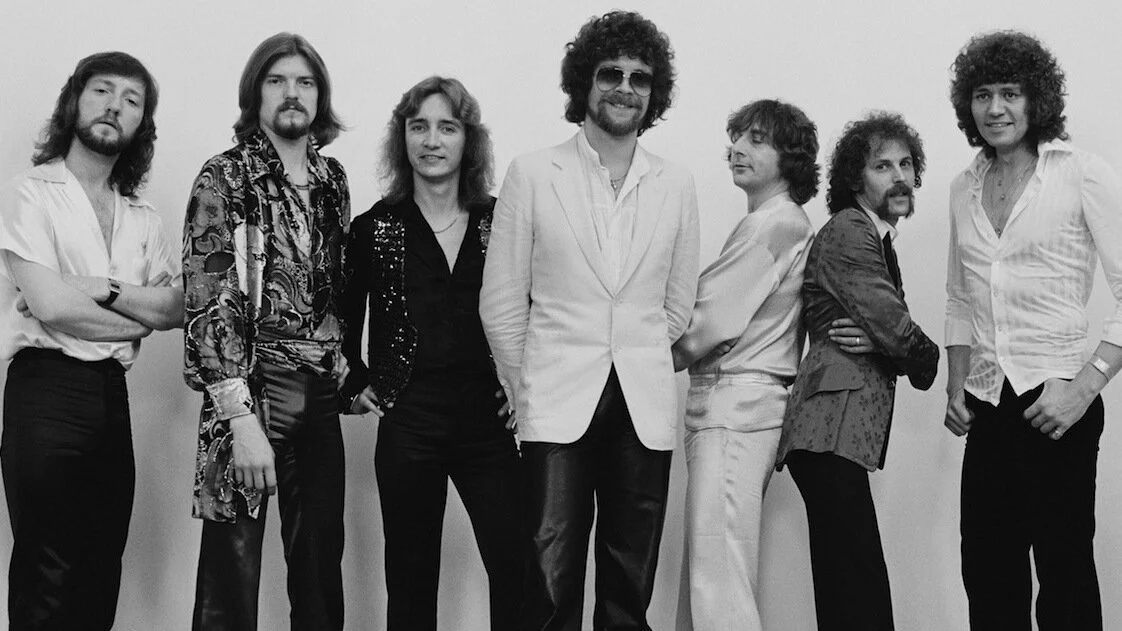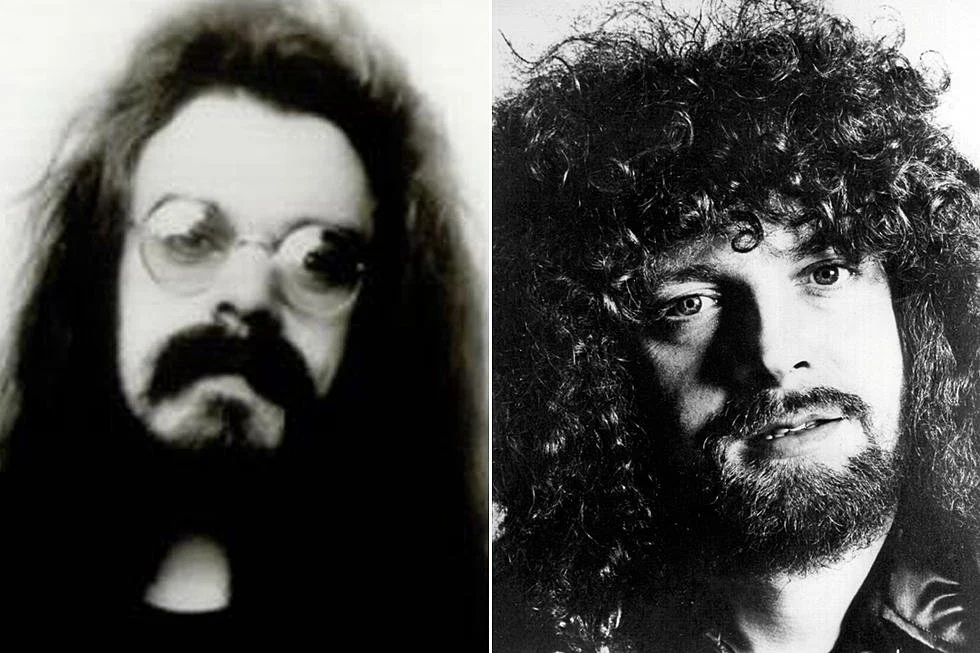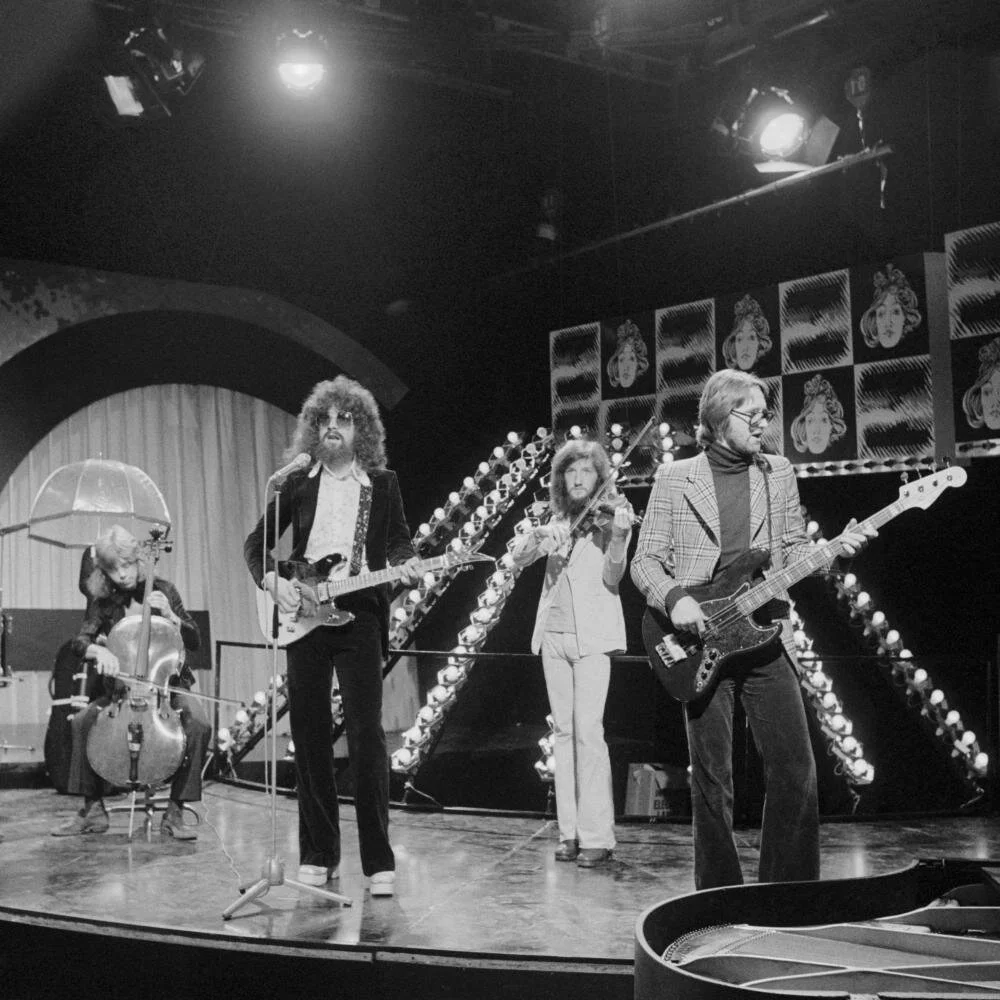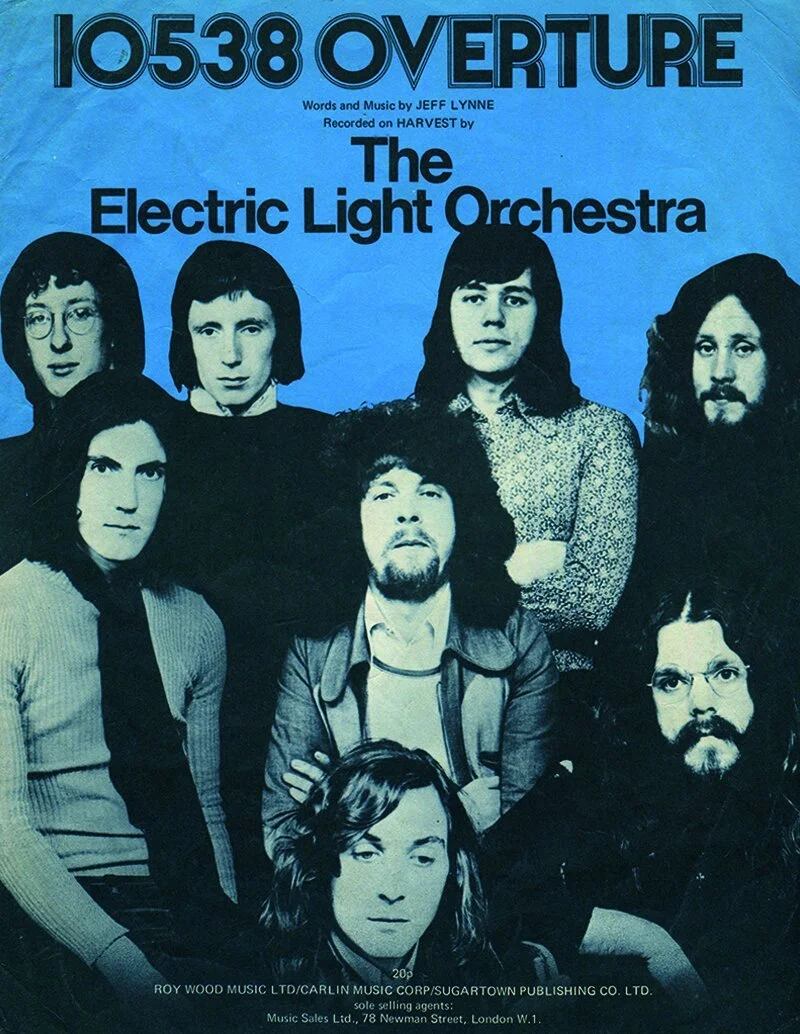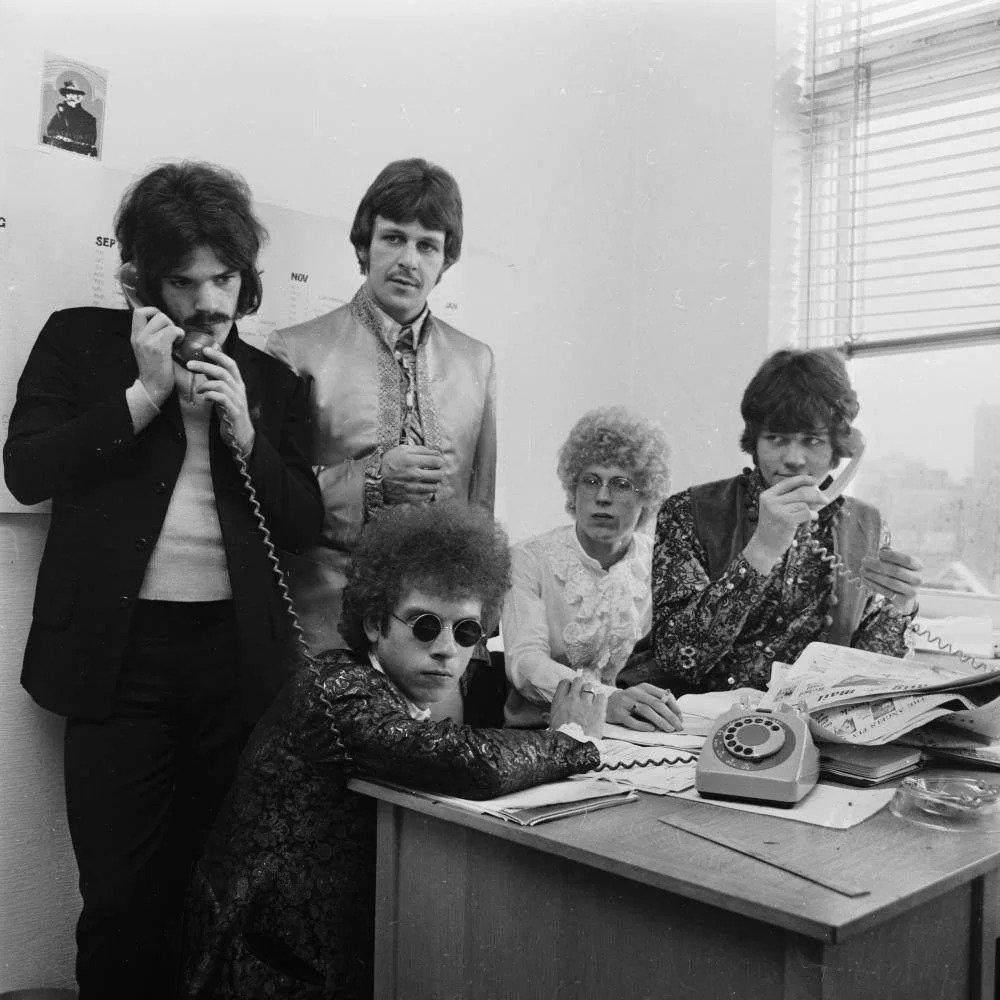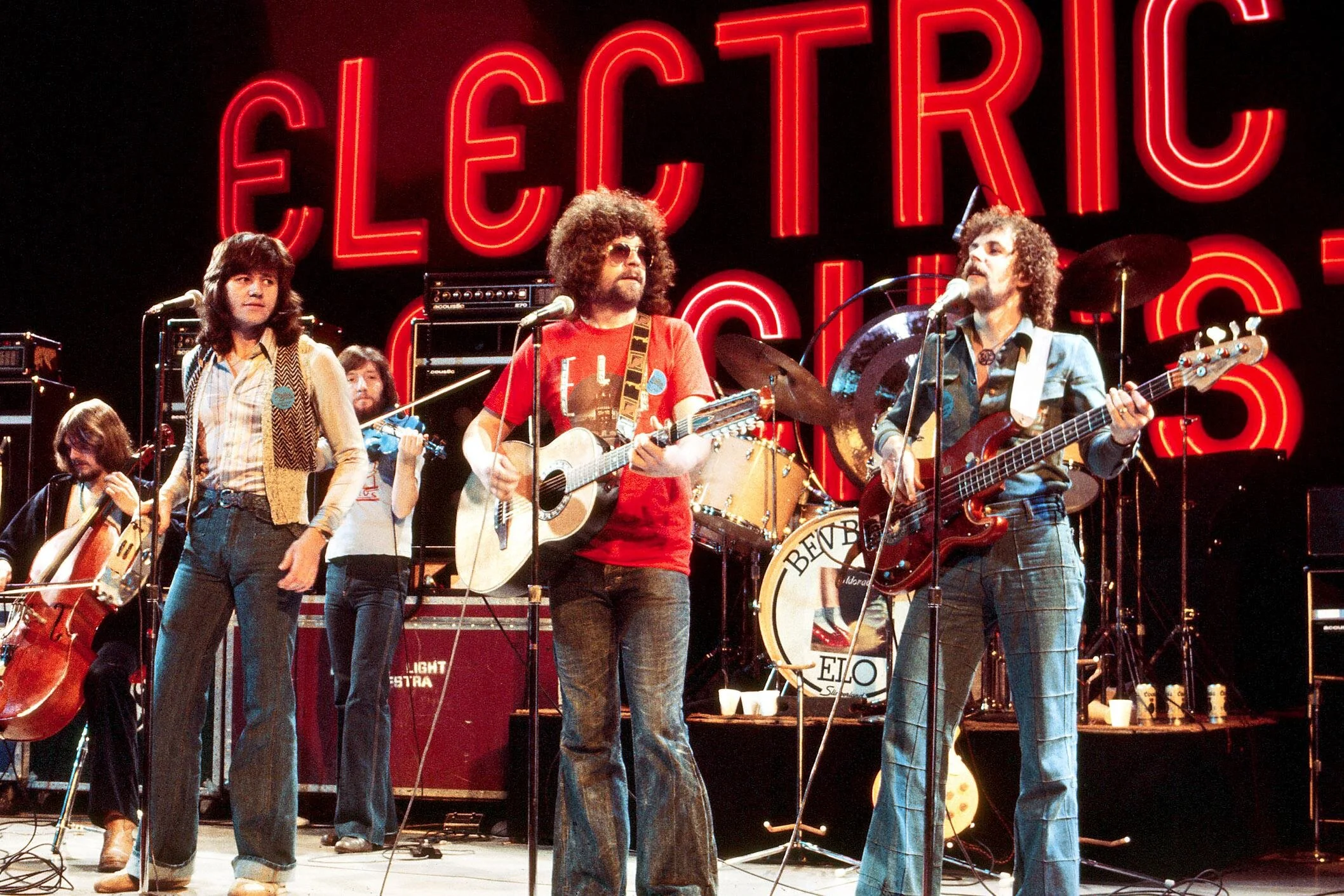Images may be subject to copyright
On this day, 19 November 1972, Glam Rock band Wizzard played Cardiff’s Top Rank. The band had just released their first single Ball Park Incident which reached No 6 in the UK singles chart.
Leader Roy Wood had left ELO, taking band members Bill Hunt (keyboards and french horn) and Hugh McDowell (cello) with him, as well as ELO's sound engineer, Trevor Smith. Despite press reporting a fallout between Wood and co-founder/leader Jeff Lynne, Wood denies that he and Lynne ever had a real row, blaming it on press fabrication and insisting that "We never had a real row and we're still mates now." In fact, Wood claimed that he left the group because he foresaw a fallout between him and Lynne due to their increasing differences of opinion (which he felt were caused, indirectly, by the band's management) and wanted to avoid it.
The band made their live debut at The London Rock and Roll Show at Wembley Stadium on 5 August 1972. Wizzard's second appearance was at the Reading Festival later that month. With Wood's distinctive warpaint make-up and colourful costume, not to mention regular appearances on BBC Television's Top of the Pops in which members and friends, including Wood's girl friend, singer Ayshea Brough, variously appeared in pantomime horses, gorilla costumes or as roller-skating angels, often wielding custard pies for good measure, Wizzard were one of the most picturesque groups of the British glam rock era.
In 1972 they scored their first Top 10 hit with "Ball Park Incident", which made No. 6 for three weeks from 13 January. Their biggest hit was with their second single. "See My Baby Jive", Wood's faithful and affectionate tribute to the Phil Spector-generated 'Wall of Sound', made No. 1 in the UK Singles Chart for four weeks. It sold over one million copies globally, and was awarded gold disc status. The follow-up, "Angel Fingers", also topped the charts for one week. Wizzard's songs often included lengthy instrumental improvisations.





